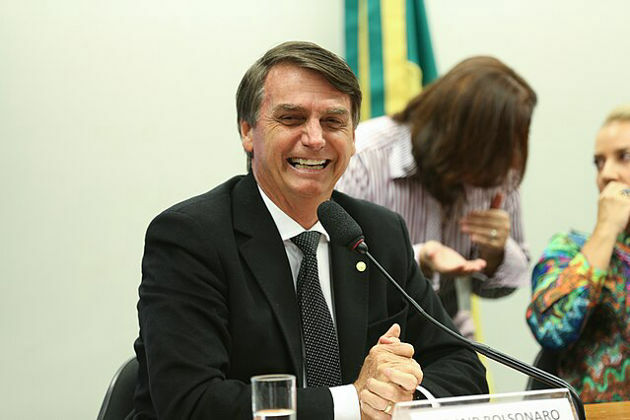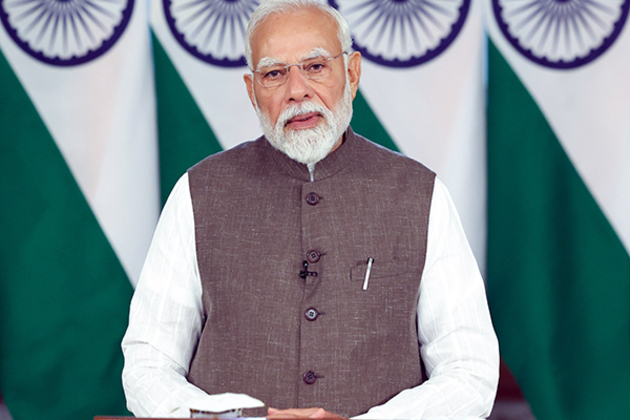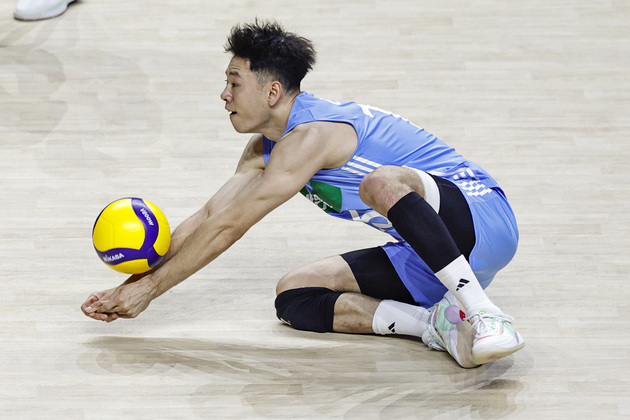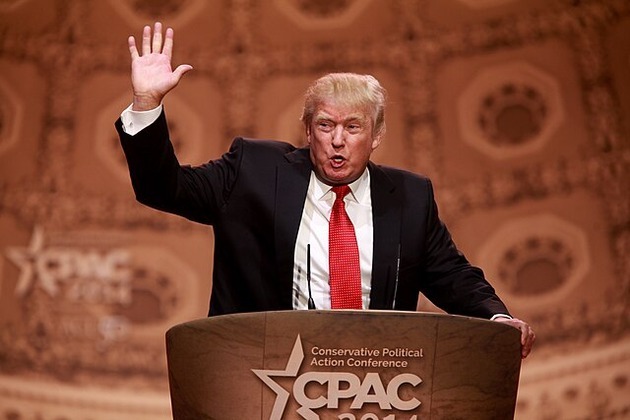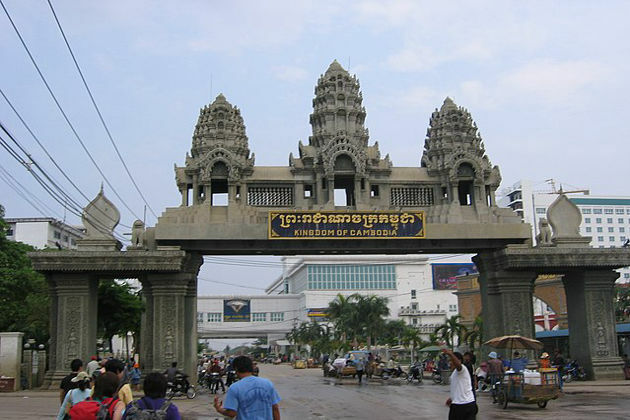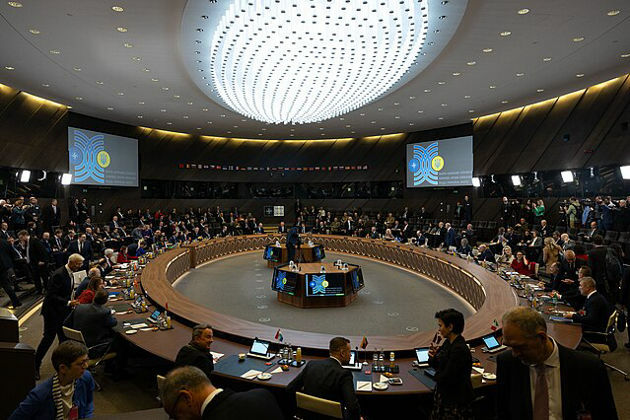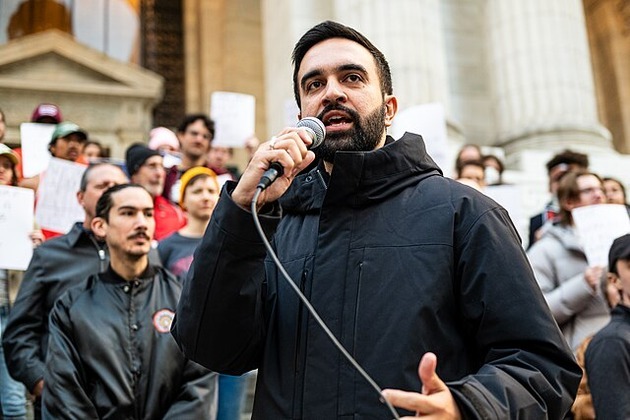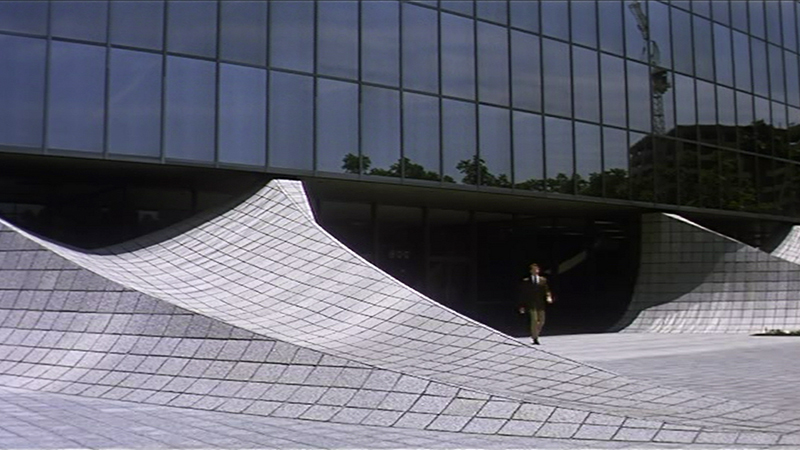Argentina: despite the scandals, Milei's politics are here to stay
The Conversation
18 Mar 2025, 18:01 GMT+10

The Argentinian president, Javier Milei, is going through the toughest moment of his short but remarkable political career. He is facing impeachment calls - as well as legal action - over his promotion of a cryptocurrency on social media.
The cryptocoin $Libra, which Milei mentioned in a social media post on February 14, quickly rose in value before nosediving, causing severe losses for people who had invested in it. Milei has insisted that his post did not constitute an endorsement.
"I'm a techno-optimist... and this was proposed to me as an instrument to help fund Argentine projects," he said in a television interview. "It's true that in trying to help out those Argentines, I took a slap in the face."
I doubt this is it for Milei. But even if it is the beginning of the end, Milei's politics are here to stay. His leadership style, discourse and actions represent an emerging constituency with both a present and a future.
This is because Milei is not, in my opinion, the effect of a crisis of representation. He is instead a faithful representative of a new reactive society emerging worldwide, which is largely sceptical of institutional mediation and values problem solvers and strong executives.
To explore this phenomenon, imagine if you will, "Ricardo", a fictitious yet representative member of a vulnerable segment of Argentina's workforce. People like Ricardo returned to the labour market after the pandemic with precarious jobs and lower wages.
He is a delivery worker who uses multiple digital platforms to earn a living. His life, characterised by the gig economy and labour informality, reflects a broader trend affecting around 50% of workers in Argentina.
Ricardo had previously voted for Argentina's left-wing leader, Cristina Fernandez de Kirchner. But he voted for Milei in the last election, as did many others, and says he would vote for Milei again today. His sympathy for Milei has grown over the year he has been in office.
According to a recent poll put together by political consultancy firm Tendencias, 89.6% of those who voted for Milei in the 2023 general election were happy with their choice. A growing share of Argentina's population seemingly approves of the Milei administration.
During the pandemic, Ricardo's ability to support his family was diminished by government-imposed restrictions on travel and movement. These restrictions, which were often violently enforced by security forces, pushed him into poverty. The rate of poverty in Argentina increased to over 40% during the pandemic.
This experience led Ricardo to feel a sense of satisfaction when Milei began mass layoffs of public employees to cut public spending. He thought this was payback time for those in the public sector, with job security, who did not have to endure what he had to during the pandemic.
For Ricardo, they were all noquis (gnocchi), a slang term widely used in Argentina to refer to public employees who receive a salary but allegedly do little work. These workers are called noquis because many Argentinians traditionally eat gnocchi on the 29th day of every month, around the time people receive their monthly paychecks.
Ricardo consumes all of the short clips circulating online from television interviews and talks at international forums of Milei "destroying" career politicians, whom he calls la casta (the caste). Milei sees the main aim of the caste as the reproduction of themselves, so he advocates for a small state or no state at all. Milei believes that nearly everything should be privatised.
While Ricardo thinks politicians should be compensated for their job, many from across Argentina's political spectrum have become extremely wealthy, so he's with Milei on this one too. He even wears a chainsaw as a key ring - a nod to Milei's promise to slash the size of the state.
Ricardo acknowledges that life has become very expensive in Argentina since Milei took office. This is because, while inflation has gone down, the Argentinian peso has gained value, making Argentina one of the most expensive countries in the world. However, he believes this remains a price worth paying for a stable and prosperous Argentina.
The aforementioned poll suggests that many Argentinians feel that their economic situation is better than a year ago, and will improve over the course of the next six months. Inflation, which was the leading concern in most polls ahead of the election, has fallen to sixth place.
Ricardo is persuaded by Milei's mantra: "If printing money would end poverty, printing diplomas would end stupidity". And in recent times, Ricardo has spent his scarce leisure moments watching videos on his phone where internet influencers teach him how to multiply his dwindling income by investing in cryptocurrencies that promise high returns in a short time.
In Argentina, like many other areas of the world, the appetite for gambling or investing in highly risky ventures such as cryptocurrency has multiplied as a means to win money fast. This is especially true among young people, often with devastating consequences.
There is a new political subject emerging worldwide marked by the precariousness of new forms of work, whose socialisation occurs in the digital world dominated by influencers. These people see the state not only as unnecessary, but as an enemy to be destroyed and distrust all institutional political intermediaries. Milei represents this new society.
The process by which an issue becomes a subject of political debate and action has also changed. Solutions to single issues have replaced political programmes with complex visions about the future as the main source of popular validation. Big personalities can carry this forward more successfully than bureaucratic political parties.
Presidents have become more like city majors judged by their ability to provide solutions to a single issue. In the case of Milei, it's inflation. For Nayib Bukele in El Salvador, it's security. And for Donald Trump in the US, it's China.
The figureheads of new political formations might change, but the politics of these formations will not.
 Share
Share
 Tweet
Tweet
 Share
Share
 Flip
Flip
 Email
Email
Watch latest videos
Subscribe and Follow
Get a daily dose of Rio De Janeiro Sun news through our daily email, its complimentary and keeps you fully up to date with world and business news as well.
News RELEASES
Publish news of your business, community or sports group, personnel appointments, major event and more by submitting a news release to Rio De Janeiro Sun.
More InformationSouth America
SectionBrazil’s ex-president accused of leading illegal spy operation
BRASILIA, Brazil: Former Brazilian President Jair Bolsonaro is accused of playing a key role in an illegal surveillance operation orchestrated...
China Sports Weekly (6.22-6.28)
BEIJING, June 28 (Xinhua) -- Here are the latest Chinese sports headlines from the past week: 1. China's Wang Xinyu finishes runner-up...
PM Modi to embark on five nation-visit from July 2, attend BRICS Summit in Brazil
New Delhi [India], June 27 (ANI): Prime Minister Narendra Modi will embark on a five-nation visit from July 2, during which he will...
Update: Xi meets Ecuadorian president
BEIJING, June 27 (Xinhua) -- Chinese President Xi Jinping met with Ecuadorian President Daniel Noboa in Beijing on Friday. Xi said...
(SP)U.S.-CHICAGO-VOLLEYBALL-NATIONS LEAGUE-MEN-CHINA VS BRAZIL
(250627) -- CHICAGO, June 27, 2025 (Xinhua) -- Qu Zongshuai of China saves the ball during the Pool 5 match between China and Brazil...
Report: Alpine mulling driver swap ahead of race at Imola
(Photo credit: Gary A. Vasquez-Imagn Images) Alpine Racing is considering replacing driver Jack Doohan with Franco Colapinto for...
International
SectionHistoric ISS mission launches with crew from 4 different nations
CAPE CANAVERAL, Florida: In a landmark flight for three nations and a veteran U.S. spacefarer, a four-member astronaut crew launched...
U.S. government sues Maryland court over pause in migrant deportations
WASHINGTON, D.C.: In a striking escalation of tensions between the executive and judicial branches, the Trump administration has filed...
Thailand-Cambodia tensions rise as border rules tighten
BANGKOK, Thailand: This week, Thailand implemented land border restrictions, including a ban on tourists traveling to Cambodia, as...
Alliance eyes major military buildup to counter Russia
THE HAGUE, Netherlands: NATO is pressing ahead with a sweeping new defense spending target, calling on all 32 member nations to commit...
Mamdani leads NYC mayoral race in stunning upset over Cuomo
NEW YORK, U.S.: A political newcomer is on the verge of reshaping New York City politics. Zohran Mamdani, a 33-year-old state assemblyman...
Millions endure dangerous US temperatures, heat alert issued
MADISON, Wisconsin: Tens of millions of residents across the Midwest and East Coast faced dangerously high temperatures over the weekend...

